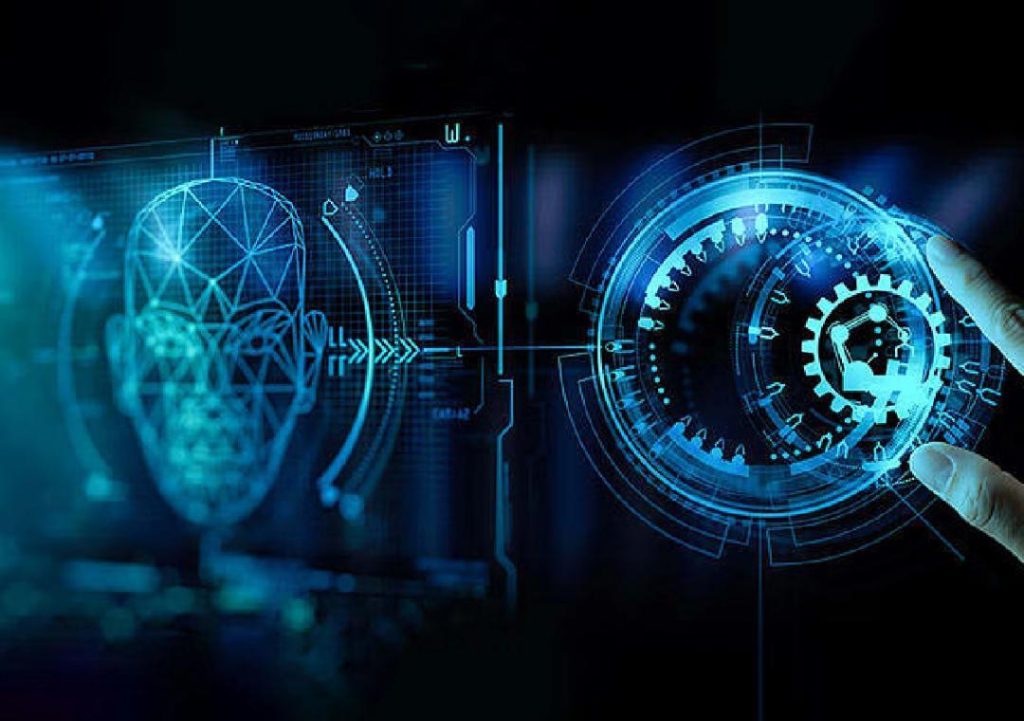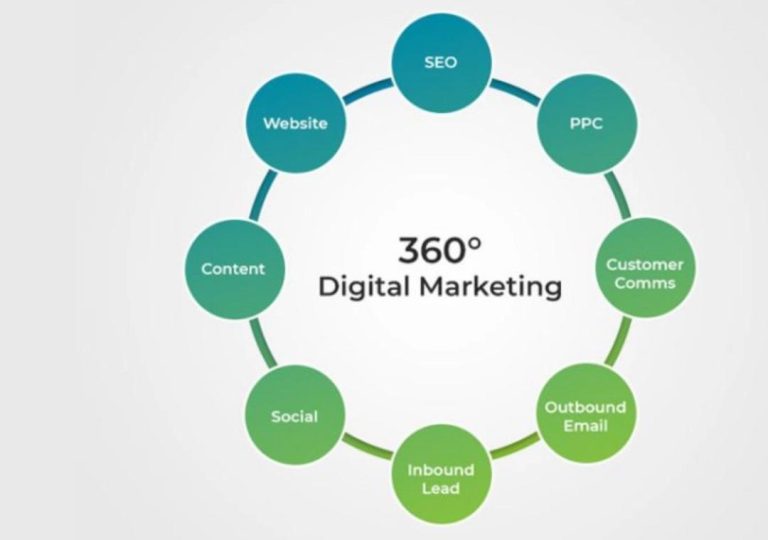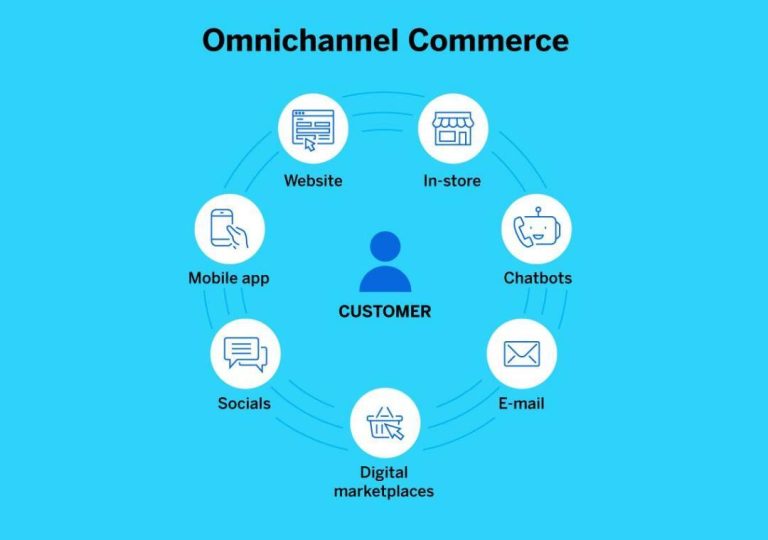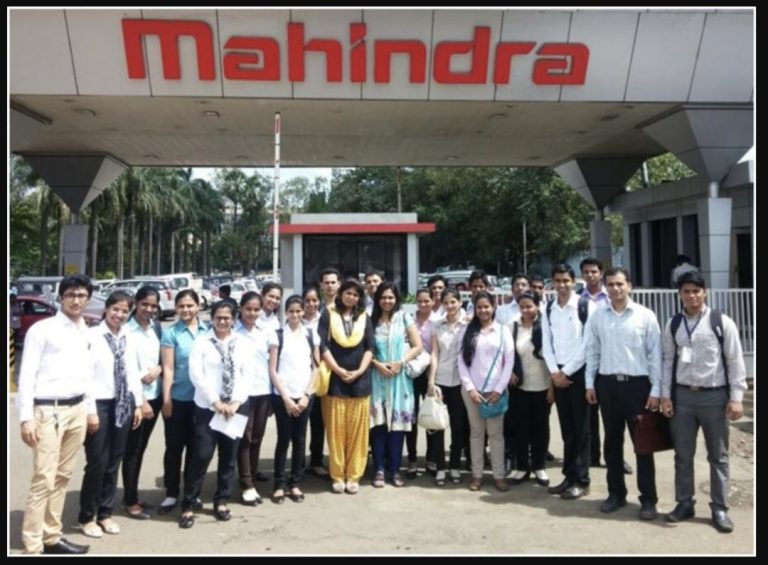
How is AI Automation Changing Every Industry?
Artificial Intelligence (AI) and Machine Learning (ML) have revolutionized the way businesses operate, transforming industries and processes across the globe. From streamlining manual tasks to improving decision-making, AI automation is revolutionizing the way companies work, interact with customers, and make data-driven decisions. In this blog post, we’ll explore how AI automation is changing every industry, highlighting the benefits, challenges, and future outlook.
Healthcare: Predictive Analytics and Personalized Medicine
In the healthcare industry, AI automation is transforming patient care by enabling predictive analytics and personalized medicine. AI-powered systems can analyze medical records, diagnose diseases, and recommend personalized treatment plans. For instance, IBM’s Watson for Oncology uses AI to analyze genomic data, helping doctors develop targeted cancer treatments. Similarly, AI-powered chatbots are helping patients schedule appointments, access medical information, and communicate with healthcare providers.
Manufacturing: Predictive Maintenance and Supply Chain Optimization
In manufacturing, AI automation is revolutionizing predictive maintenance, supply chain optimization, and quality control. AI-powered systems can analyze sensor data from equipment, predicting potential failures and reducing downtime. Siemens’ MindSphere, for instance, uses AI to monitor and predict equipment failures, enabling proactive maintenance and reducing production losses. AI is also optimizing supply chains by analyzing demand patterns, forecasting production needs, and streamlining logistics.
Finance: Fraud Detection and Risk Management
In the finance industry, AI automation is transforming fraud detection, risk management, and customer service. AI-powered systems can analyze transaction data, detecting suspicious activity and preventing fraud. For instance, Santander Bank’s AI-powered fraud detection system has reduced fraud losses by 70%. AI is also enhancing customer service by providing personalized advice, recommending investment products, and resolving customer queries.
Retail: Personalized Marketing and Supply Chain Optimization
In retail, AI automation is transforming personalized marketing, supply chain optimization, and customer service. AI-powered systems can analyze customer data, recommending personalized products and offers. For instance, Sephora’s AI-powered beauty advisor recommends products based on customers’ skin types, preferences, and purchase history. AI is also optimizing supply chains by analyzing inventory levels, predicting demand, and streamlining logistics.
Education: Personalized Learning and Adaptive Assessment
In education, AI automation is transforming personalized learning, adaptive assessment, and course recommendation. AI-powered systems can analyze student data, recommending personalized learning paths and adjusting course content in real-time. For instance, Knewton’s AI-powered adaptive assessment system adjusts difficulty levels, providing students with tailored learning experiences.
Marketing: Real-Time Campaign Optimization and Customer Segmentation
In marketing, AI automation is transforming real-time campaign optimization, customer segmentation, and lead generation. AI-powered systems can analyze customer data, segmenting audiences and optimizing marketing campaigns in real-time. For instance, IBM’s Watson Marketing uses AI to analyze customer behavior, optimizing marketing campaigns and improving customer engagement.
Challenges and Future Outlook
While AI automation is transforming industries, it also raises ethical and data quality challenges. Concerns around data privacy, bias, and job displacement are increasingly important. To address these challenges, industries must prioritize data quality, transparency, and responsible AI development.
Looking ahead, the future of AI automation holds immense promise. As AI capabilities continue to evolve, we can expect to see increased adoption across industries, driving efficiency, innovation, and growth. To harness the full potential of AI automation, industries must prioritize collaboration, data sharing, and continuous learning.
Conclusion
AI automation is revolutionizing every industry, transforming processes, and driving innovation. From healthcare to retail, AI and ML are streamlining manual tasks, cutting errors, and improving decision-making. As AI capabilities continue to evolve, it’s essential for industries to prioritize collaboration, data quality, and responsible AI development. By embracing AI automation, we can unlock new opportunities, drive growth, and shape a brighter future for all.
News Source:
https://www.growthjockey.com/blogs/impact-of-ai-and-ml-in-intelligent-automation






